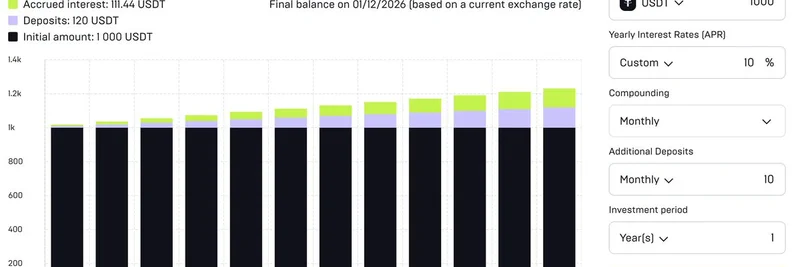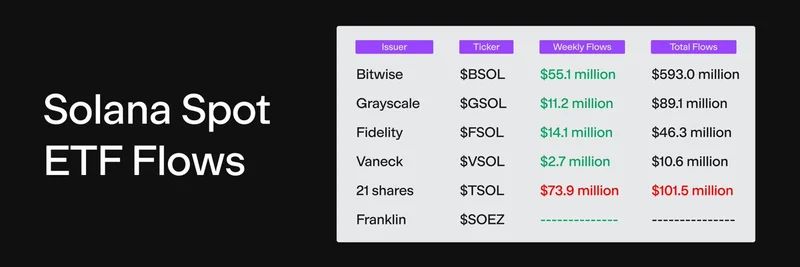In a recent X thread that's sparking conversations across the tech and creator worlds, Justine Moore, a partner at a16z AI, shared her take on MrBeast's concerns about AI's impact on video content. MrBeast, the YouTube sensation known for his over-the-top challenges and giveaways, tweeted about the "scary times" ahead when AI videos match the quality of human-made ones. He worried about what this means for millions of creators earning a living on platforms like YouTube.
Moore flipped the script, arguing that AI isn't just a threat—it's a game-changer that will birth a fresh wave of creators while dismantling the dominance of big names. Today, crafting a hit video demands two key things: a killer idea and the chops (plus resources) to pull it off. AI slashes the barriers on that second part. No more needing massive budgets to recreate something epic like Squid Game in real life—you can generate it with smart tools.
This shift has huge implications for the meme token ecosystem, where virality is everything. Meme tokens, those fun, community-driven cryptocurrencies often inspired by internet jokes or trends (think Dogecoin or newer ones like PEPE), thrive on buzz. Historically, pumping a token's value meant relying on influencers with huge followings or expensive marketing stunts. But with AI, anyone with a clever concept can whip up professional-grade videos to hype their project. Imagine a solo dev creating a hilarious, animated skit that goes viral, driving adoption without a Hollywood budget.
Moore points out that established creators can't just coast on their production prowess anymore. Upstarts armed with AI can compete head-on, leveling the playing field. As a consumer—and in the context of meme tokens, as an investor or community member—this is exciting. It means more diverse, creative content flooding the space, potentially leading to innovative token launches that capture global attention overnight.
She extended her thoughts in a follow-up, referencing how AI tools like Sora are enabling individuals to produce spot-on parodies, such as full fake South Park episodes. This dissolves barriers for media companies too. In the meme world, this could translate to user-generated content that rivals big studios, fueling token narratives with endless, customizable memes. A single witty creator could craft a series of AI videos that build lore around a token, engaging communities in ways that feel authentic and fresh.
Of course, this democratization isn't without challenges. As AI makes creation easier, the flood of content might dilute quality, making it harder for genuine gems to stand out. For meme tokens, which often ride waves of hype, distinguishing real innovation from "slop" (as some critics call low-effort AI output) will be key. Platforms like YouTube or X might need new algorithms to prioritize human touch or verified creativity, but in blockchain's decentralized ethos, communities could self-regulate through DAOs or token-gated content.
Looking ahead, this AI surge aligns perfectly with the meme token ethos: fun, accessible, and anti-establishment. Tools from companies like ElevenLabs or Krea AI (where Moore has investments) are already making voiceovers and visuals a breeze. For blockchain practitioners, it's a call to experiment—use AI to prototype meme ideas, test virality, and build stronger narratives.
If you're diving into meme tokens, keep an eye on how AI evolves the creator landscape. It could be the spark that turns niche jokes into billion-dollar ecosystems. Check out the original thread for more insights, and stay tuned to Meme Insider for updates on how tech like this shapes the crypto world.


